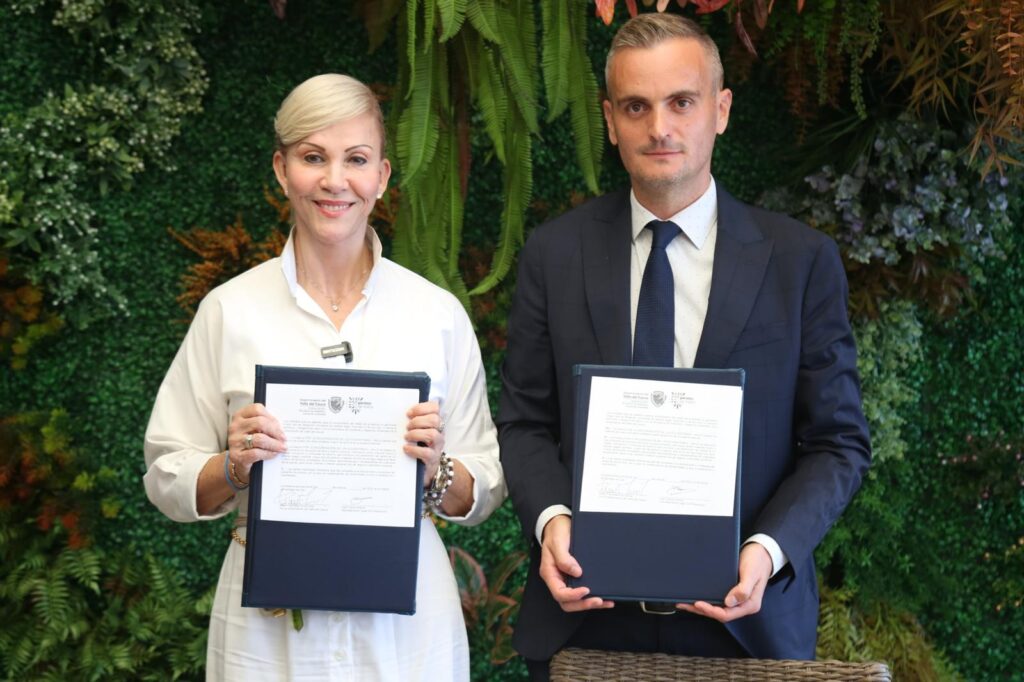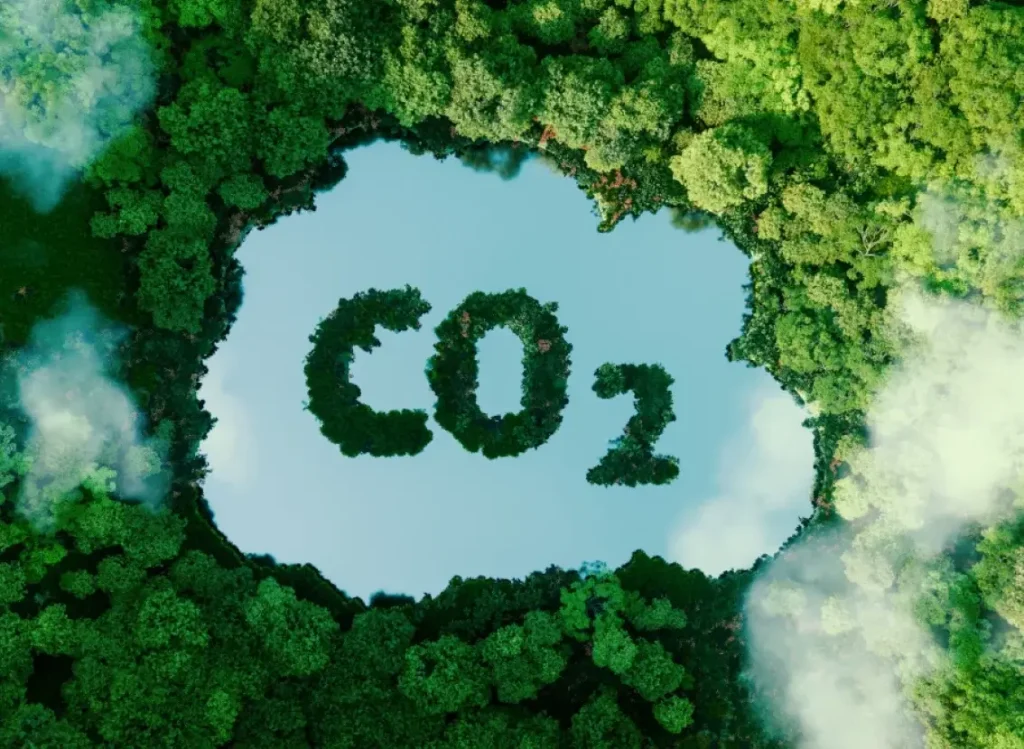What functions does Posidonia have?
The regeneration of Posidonia solves several crucial problems in marine ecosystems and the environment in general:
- These seagrasses act as carbon sinks, helping to capture and store atmospheric carbon dioxide (CO2). This contributes to reducing the concentration of CO2 in the atmosphere and therefore helps in the fight against climate change.
- It helps protect shorelines from erosion by reducing wave and current action. This is essential for the stability of coastal areas and the prevention of damage from extreme weather events.
- These underwater ecosystems provide critical habitats for a variety of marine species, including fish, mollusks, crustaceans and other organisms. Seagrass regeneration helps maintain marine biodiversity by providing shelter and food.
- It helps improve water quality by filtering excess contaminants and nutrients. This is beneficial for the health of marine ecosystems and the protection of public health.
- Regeneration of these seagrass beds can promote sustainable fishing practices by providing important habitats for commercial species. This is essential to maintain healthy fish populations and ensure the sustainability of fishing.
Plastic Capture and Marine Conservation
Captura de Plásticos y Conservación Marina Posidonia leaves, which trap and retain particles suspended in water, also trap plastics and microplastics. As plastic floats in the water, Posidonia meadows act as natural barriers, capturing this debris and preventing it from reaching further into the ocean.
Conservation Measures
Spain has implemented various measures to protect Posidonia oceanica, especially in regions such as the Balearic Islands, where these meadows are essential. Some of these measures include:
- Establishment of marine reserves and protected areas to limit fishing and other human activities that could damage these ecosystems.
- Navigation restrictions to avoid damage from anchors and boat propellers.
- Continuous monitoring programs to assess the health of Posidonia meadows and detect any early changes or threats.
- Educational campaigns about the importance of Posidonia and the need to preserve these marine habitats.
- Regulations that control and limit coastal activities such as construction on the coastline.
- Restoration projects that involve the collection of Posidonia seedlings, their cultivation in nurseries and the subsequent implantation in damaged or degraded areas.
- Support for scientific research to better understand Posidonia and its impact on climate change, as well as other threats.
- Development and application of regulations including penalties for damages.
- Sustainable management of tourism that minimizes the impact on the Posidonia meadows, including guidelines for the practice of water sports.
Posidonia, thanks to its characteristics, is becoming a great ally in the fight against climate change and plastic pollution. Advances in its conservation and growing awareness of its importance offer us hope in the midst of the climate emergency we face. Caring for Posidonia not only benefits marine ecosystems, but also contributes to a healthier planet. If you want to be part of our “Save Posidonia” project, do not hesitate to contact us at info@co2revolution.es


